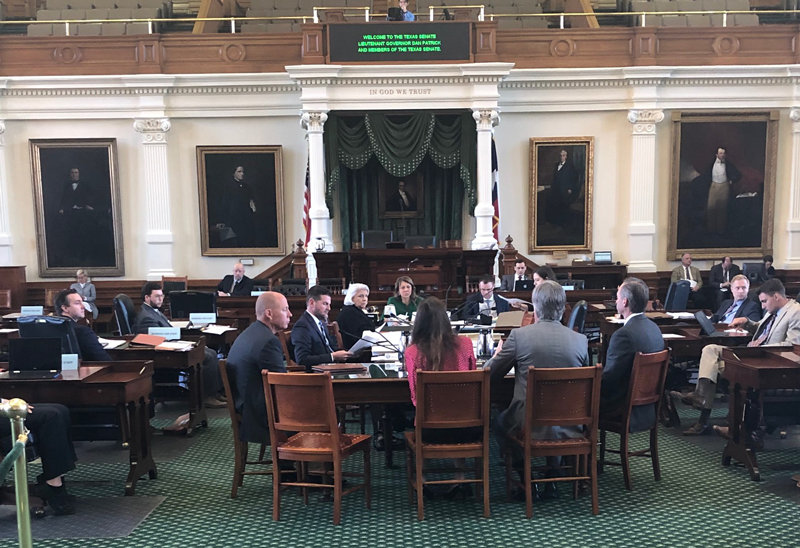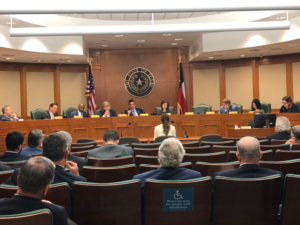New Construction Laws Passed

LEGISLATIVE UPDATE
New Construction Laws Passed
The 2019 Texas legislative session resulted in significant new laws benefitting the construction industry. Stephanie Cook, principal in the Austin office, testified in both the House and the Senate in support of HB 1999, HB 1734, and HB 2826, which Governor Abbott signed into law in June. Stephanie and Anthony Golz, principal in the Houston office, prepared the following brief summaries of these and other new laws and their impacts on the industry.
HB 1999, known as the “Right to Repair” bill, goes into effect immediately and significantly alters how disputes with public entities alleging construction defects proceed. HB 1999 amends the Government Code to require cities, counties, school districts, universities, and other governmental entities to do two things before they may sue for construction defects: (1) provide a written report identifying the defects to each party with whom the entity has a contract for the design or construction of the project; and (2) allow them a reasonable opportunity to inspect and repair the defects. If a public entity files suit without first providing the written report or an opportunity to inspect and repair the defects, the suit must be dismissed.
HB 1734 addresses a school district’s ability to sue for design or construction defects and goes into effect on September 1, 2019. Under HB 1734, a school district that sues for damages for the defective design, construction, renovation, or improvement of a school facility must utilize proceeds recovered in the litigation to repair or replace the defects. A violation of the requirements imposed by HB 1734 authorizes the Attorney General to file suit against the school district, seeking payment of a civil penalty for up to $20,000 for each violation, the reasonable costs of investigating and prosecuting the violation, and the state’s share of the proceeds.
HB 2826 changes the approval process for certain governmental entities seeking to enter into a contingent fee contract for legal services, and goes into effect on September 1, 2019. Governmental entities covered by the bill include entities created by or acting on behalf of a political subdivision in the planning and design of a construction project. HB 2826 requires the governmental entity to provide public notice and hold an open meeting to consider and approve a contingent fee contract for legal services.

SB 1928 amends the certificate-of-merit statute, chapter 150 of the Civil Practice and Remedies Code, to add more protection for architects, engineers, land surveyors, and landscape architects in suits against them arising out of their provision of professional services. SB 1928 requires that a certificate of merit must be filed with any pleading first raising such a claim. SB 1928 further requires that the third-party professional who prepares the certificate of merit must practice in the same area of practice as the defendant. The former version of the statute only required that the third-party professional be knowledgeable in the defendant’s area of practice.
HB 3300 amends section 30.021 of the Civil Practice and Remedies Code to make the award of costs and attorney’s fees following the grant or denial of a motion to dismiss filed under Texas Rule of Civil Procedure 91a discretionary rather than mandatory.
 |
 |
|---|---|
| Stephanie H. Cook | Anthony T. Golz |
| Principal | Principal |
| View Bio | View Bio |